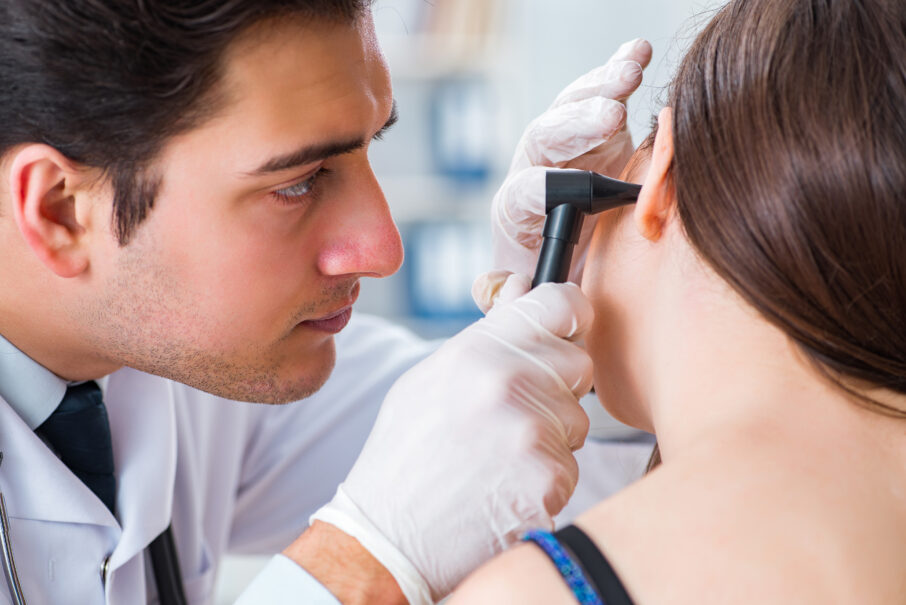Alzheimer’s Disease International came up with the idea of World Alzheimer’s Month in 2012. Every September, they try to bring attention to Alzheimer’s disease and other dementias, eliminate the stigma surrounding Alzheimer’s, and encourage seniors to learn about dementia and get help.
Here are a few things you need to know about Alzheimer’s Disease if you or a loved one has dementia.
A quick introduction to Alzheimer’s Disease
Alzheimer’s is a degenerative brain disease that hurts parts of your brain that help you think, remember, act, feel, think about yourself, and control your mood. Most people with Alzheimer’s are over 65, and the disease affects millions of people worldwide.
Alzheimer’s disease is the most common type of dementia, which affects how well a person thinks and acts. People with mild dementia only have minor problems. Still, as the disease worsens, it affects every part of life, and people with Alzheimer’s or dementia become entirely dependent on others to do even the most essential things.
Alzheimer’s Disease: Signs to Look Out For
The brain is the most complicated part of the body, and scientists still don’t know everything there is to know about it. One thing they know is that changes in the brain can start up to 10 years before any signs of Alzheimer’s Disease can be seen.
Memory loss and bad judgment are two of the first signs of dementia. People with dementia often have trouble doing simple tasks and get stuck in the middle of things they’ve done a hundred times before.
They often lose things or get turned around when they leave the house. Other signs of Alzheimer’s include forgetting the time or date, losing things, mood swings, trouble speaking, and withdrawing from conversing with people.
How to prevent Alzheimer’s Disease
Since brain damage starts before Alzheimer’s is diagnosed, you need to do everything possible to lower your risk of dementia. The only drugs used to treat the disease are those that help with symptoms like irritability or insomnia. The most effective treatments are emotional and practical support. But none of these treatments can cure Alzheimer’s or bring back dead brain cells.
Even though there is no cure for Alzheimer’s, there are many things you can do to lower your chances of getting dementia. Taking care of your health is essential by being active, eating well, and keeping your heart strong. Keeping your brain healthy is one of the best things you can do to lower your risk of dementia. Keeping in touch with people and finding ways to challenge your brain will make it much less likely that you will get Alzheimer’s or dementia.
Alzheimer’s disease and hearing loss
Hearing loss affects cognitive skills and has been known for a long time to be a risk factor for Alzheimer’s disease and dementia. When you lose your hearing, you slowly lose the ability to talk and start to stay away from people. When you can’t hear, you might stay home a lot more. Even going to the grocery store can be disorienting and confusing. Living with hearing loss speeds up the loss of brain function and makes you more likely to get dementia. Treating your hearing loss is one of the best ways to keep your brain active, make new friends, and lower your risk of dementia.
Why treating hearing loss is essential.
If you have trouble following conversations, being social, or enjoying your time away from home, you are lowering your quality of life, making it harder to keep your brain healthy, and putting yourself at risk for Alzheimer’s Disease.
Visit us for a hearing test to learn how hearing aids can change your life. We have a wide range of hearing aids from the best companies in the world, with settings and programs that will help improve your understanding of others in social situations.
We have the right hearing aid for you, whether you want a small device that sits behind your ear or inside your ear canal and is almost impossible to see. You will not only have better hearing, more accessible communication, and a more active social life, but you will also take care of your brain and lower your risk of Alzheimer’s disease.


